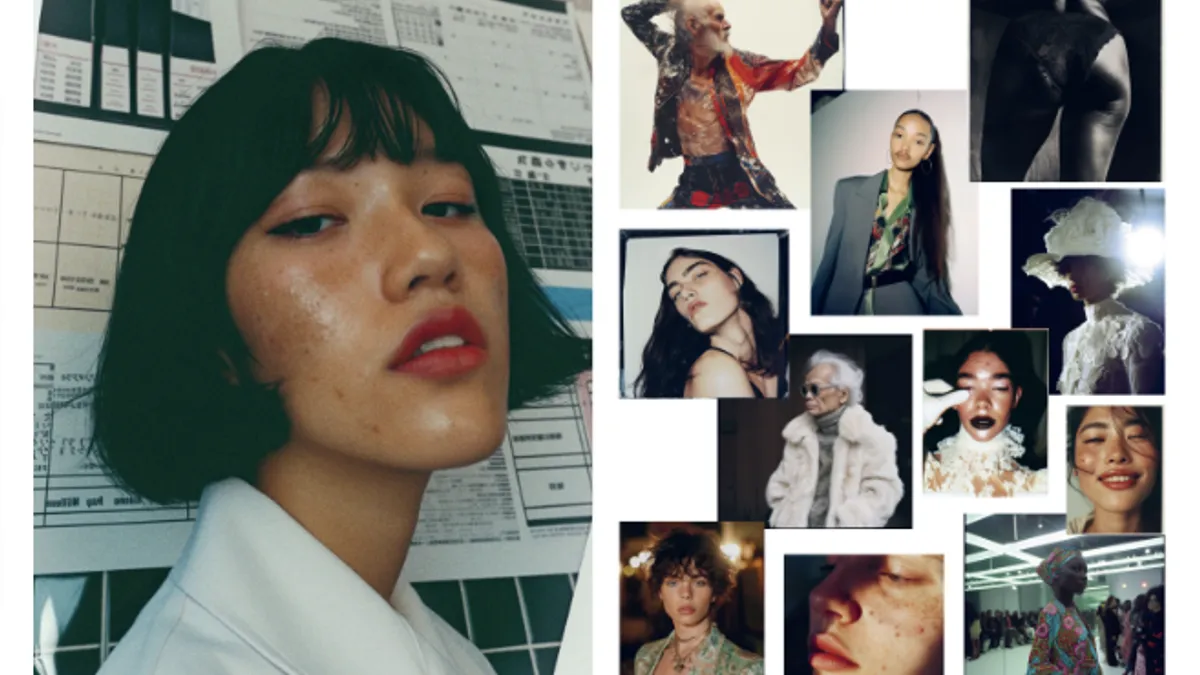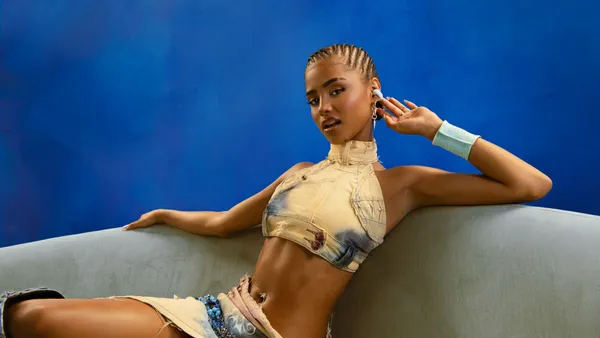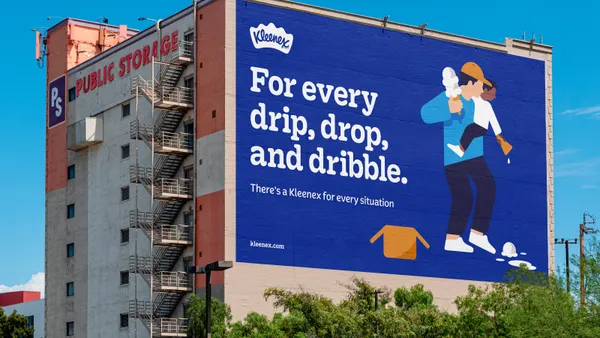Dive Brief:
- Pernod Ricard’s Absolut Vodka has teamed with full-service studio Copy Lab for an initiative that seeks to combat the lack of diverse representation within fashion content generated by artificial intelligence (AI), per details shared with Marketing Dive.
- For the “Absolut Intelligence” effort, 10,000 image prompts were fed into AI datasets that highlight a wide-spanning representation of fashion, culture and identity. As part of the effort, a selection of AI-generated images have been made available for download on Unsplash, a royalty free stock image website.
- The images will also feature in the second edition of AI fashion magazine Copy Magazine. The effort is meant to help train AI algorithms to generate less biased outputs and follows moves from other marketers similarly looking to address the buzzy tech’s pitfalls.
Dive Insight:
AI, especially the generative kind, has continued to captivate adland in 2024, serving as the focal point for both the latest earnings discussions and creative marketing swings alike. However, the buzzy tech has equally found itself at the center of scrutiny for major shortcomings like its habit of generating factual inaccuracies and its amplification of race and gender stereotypes, leading some marketers to speak out with messages of caution.
With its latest effort, Absolut is addressing AI bias in fashion, a category for which a lack of representation could be particularly damaging. “Absolut Intelligence” saw the Pernod Ricard brand and Copy Lab input 10,000 image prompts into AI datasets that highlight a diverse representation of fashion and culture and create 25 unique and inclusive images. The goal is that by increasing the amount of representative content being processed, generative AI algorithms will become trained to understand and correctly interpret the diversity of fashion.
The images generated are available for free use on stock image site Unsplash and will also be featured in the second edition of Copy Magazine, billed as the world’s first printed AI fashion magazine. A microsite additionally serves to explain the effort, which is meant to expand an over 40-year push by the brand to rally behind inclusivity, fluidity and diverse representation, according to Debasree Dasgupta, global vice president of marketing at Absolut.
“Our brand ethos is rooted in the concept of mixing — mixing ideas, identities, people, perspectives and drinks. Given this foundation, we feel a deep responsibility to confront bias in AI head-on,” said Dasgupta, in release details. “By challenging these biases, we aim to contribute to the creation of a more equitable and inclusive technology that positively impacts individuals and communities on a global scale.”
Others have taken a similar stance on AI, including Dove, which made a pledge to not use AI to represent women in its advertising and communications as part of a campaign, “The Code,” that also includes a set of guidelines that aim to help users of generative AI create more representative images. In April, IBM launched a “Trust What You Create” campaign demonstrating the many ways that generative AI can go wrong.
Beyond its latest effort, Absolut also focused on diversity last June with the launch of a global platform called Absolut Ally aimed at better educating consumers and business owners about LGBTQ+ allyship. The brand has also sought to tie itself to cultural touchpoints, recently returning to the metaverse with the revival of a Decentraland activation that was timed around the Coachella music festival.











